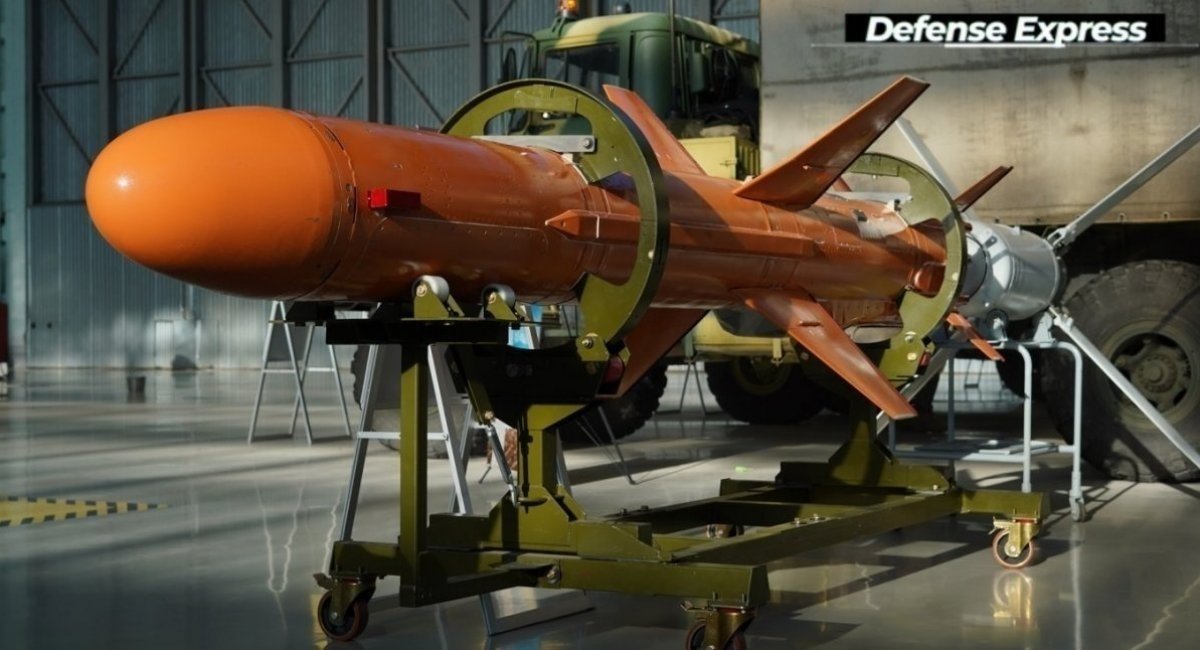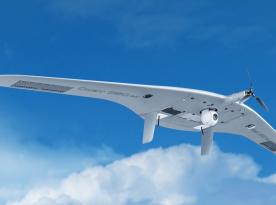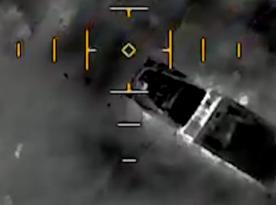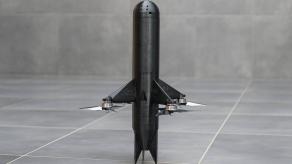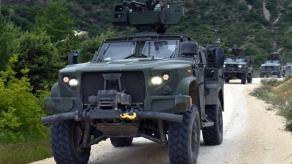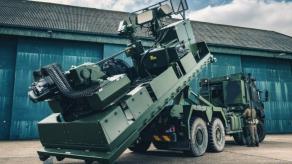Romania received a proposal from Ukraine to jointly produce missile systems. However, the Romanian side ultimately rejected the offer, adding yet another item to the growing list of unrealized defense-industrial projects that could have strengthened the country’s armed forces.
According to the defense outlet Defense Romania, this information was revealed by retired Romanian General Dan Grecu during the Obiect EuroAtlantic podcast. The report does not specify the type of missile system in question. However, Defense Express suggests that the proposal likely involved the Neptune missile system.
Read more: First Confirmed Attack by Ukraine's 1,000-km Range Neptune Misslile After Its Discloure in 2023

It is worth recalling an article published by Army Recognition in August 2024, which stated that Romania was reportedly interested in producing Neptune missiles jointly with Ukraine. At that time, an upgraded version of the missile already had a range of up to 400 kilometers. Specific project details were not disclosed then either.
Returning to the original Defense Romania publication, it offers no insight on why Romania declined the missile co-production initiative with Ukraine. Instead, it notes with bitter irony that Romania has previously missed out on other lucrative defense-industrial ventures. These included efforts to restore domestic tank production and to launch local assembly of Bell helicopters, an opportunity first offered back in the 1990s.
Historically, Romania operated the Elbrus short-range ballistic missile system during the Warsaw Pact era. However, the country retired these systems in the 1990s. Currently, Romania’s known missile capabilities include 36 M142 HIMARS launchers and coastal defense systems based on the Soviet-era P-15 Termit missile. The current operational status of the Termit-based Rubezh systems remains unclear.
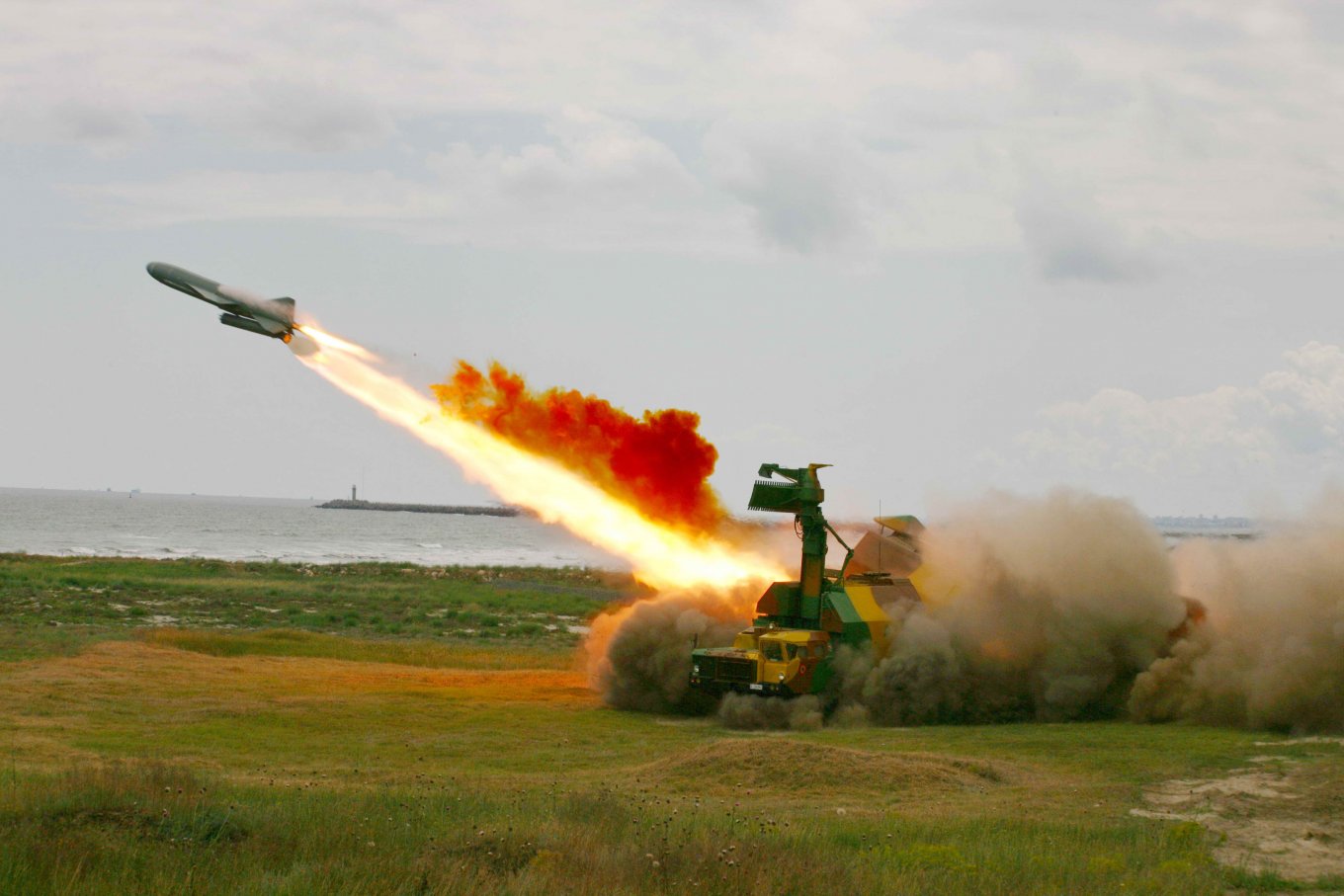
Had Romania accepted Ukraine’s proposal for missile co-production, assuming it was indeed about the Neptune system, it could have acquired a long-range strike capability capable of targeting both naval and land-based threats.
Theoretically, Romania was expected to receive two NSM coastal defense batteries, each consisting of four launchers and two fire-control vehicles, by early 2025. These systems were ordered in 2021. However, no public information confirms whether the delivery has taken place.
Read more: Licensed Production of Ukrainian Neptune Could Solve Europe's Missile Shortage




